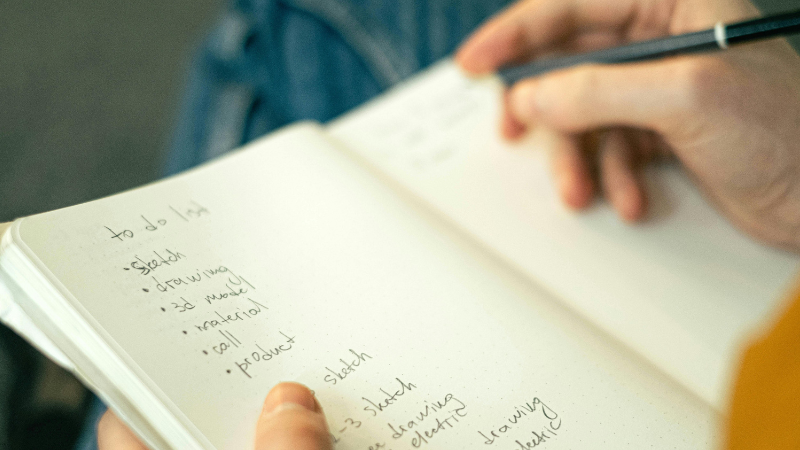Introducing ‘Creative Writing for Therapeutic Purposes’ (CWTP)
By Therapist Jacqui Hames
Many years ago, whilst assisting with an Adult Literacy class, my Mother developed a friendship with a large bear of a man called *Sam. Sam was a dustman in his 40’s who struggled with acute shyness and a lack of confidence and self-esteem, so it was a big step for him to enrol in this class. His grasp of reading and writing grew slowly, and she gradually introduced longer texts for him to try. Whilst frustrated and a little bored with the level of the content, he seemed overwhelmed by the longer pieces, so she introduced him to poetry, something she had loved since childhood.
Together they explored her favourite poems, from Wordsworth’s ‘Daffodils’ to Coleridge’s ‘Kubla Khan.’ He blossomed. His enthusiasm and vocabulary grew quickly, until one day he arrived clutching several crumpled pieces of paper, and he nervously presented her with several self-penned poems. With tears in her eyes, she read free-form contemporary style poems describing Sam’s life, relationships, hopes and dreams – he had been liberated. Over subsequent weeks many more followed. He had opened a connection with his emotions, his feelings, relationships and the outside world, which enriched both their lives, and impacted mine.
Whilst training as a Counsellor I was introduced to the idea of thinking creatively as a way of exploring and making sense of emotions, thoughts and feelings with clients. Many people feel anxious and depressed without really understanding why, or just get stuck in a pattern of behaviour.
Creativity can help unlock the vocabulary to express feelings, and explore issues such as identity, sexuality, bereavement, relationships, trauma, well in fact just about any issue.
Now as a qualified CWTP Practitioner, I introduce my clients to objects, pictures, poetry, prose, and many other forms to stimulate connections and thoughts, together with simple exercises to explore language, writing in whatever form they feel most comfortable. I encourage free writing, thought journals, music, drawings – any form of creative expression with which they feel a connection.
CWTP is for everyone – grammar, spelling etc are completely irrelevant, in fact it doesn’t even have to make sense to anyone else – it’s just a place to find and express your voice in an environment of non-judgement and total confidentiality.
This speech by Pulitzer Prize winning journalist Robert Ebert in 2005, was originally about film, but films are visual representations of words, and it sums up for me how creativity can not only foster self-exploration and offer comfort, but also facilitate understanding and connections to others.
“We are all born with a certain package. We are who we are. Where we were born, who we were born as, how we were raised. We are kind of stuck inside that person, and the purpose of civilization and growth is to be able to reach out and empathise a little bit with other people, find out what makes them tick, what they care about. For me, …writing is … like a machine that generates empathy. If it’s a great …piece of writing…, it lets you understand a little bit more about what it’s like to be a different gender, a different race, a different age, a different economic class, a different nationality, a different profession, different hopes, aspirations, dreams and fears. It helps us to identify with the people who are sharing this journey with us….”
Sam found his voice and identity through creativity, and so can you.
*Please note ‘Sam’ is a pseudonym to protect his confidentiality.
The Eaves have a variety of trained professionals that can offer support to all ages. Please contact the referrals team on 01483 917000 who would be happy to help source a suitable therapist for you.
We are open 12 hours a day, Monday to Saturday between 9am and 9pm. We are offering both face to face and remote sessions in Guildford, Godalming and Farnham.
You can also send us an enquiry form. Click here to find out more.

